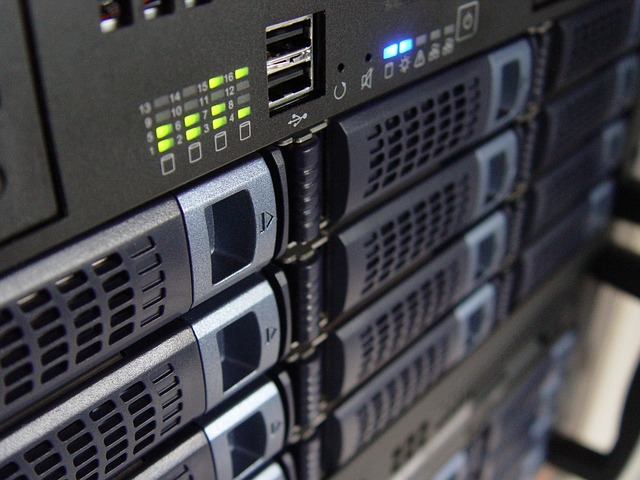A web server is a specially configured computer that is mainly used to host and provide Web site content to facilitate users to access and browse these websites through the Internet. The web server plays the role of delivering web files, multimedia content, database information, and application code to the user's browser. Its main role is roughly as follows!
Hosting website content
A web server is used to store and host all the content of a website, including web files, images, videos, databases, application code, etc.
Processing user requests
When a user enters the Web address of a website into a browser or clicks on a link, the server receives and processes those requests and then sends the corresponding web content to the user's browser.
Responding to HTTP requests
The web server uses Hypertext Transfer Protocol (HTTP) to communicate with the user's browser. It parses and processes the HTTP request and then returns the HTTP response to render the web page.

Data storage
The server usually includes a database system for storing and managing the dynamic content of the website, such as user information, product information, article content, etc.
Database query
The server performs database queries to retrieve the required data from the database and merges it with the web content to generate dynamic web pages.
Execute scripts and applications
For dynamic websites, the server executes applications and scripts to handle user requests and interactions. This includes the execution of back-end development languages such as PHP, Python, Java, etc.
Load balancing
For large websites, servers can be configured with load balancing to evenly distribute traffic and requests to multiple servers, improving performance and availability.
security
The server implements security measures to protect the website from the threat of unauthorized access, malicious attacks and data breaches.
Log recording
The server logs access logs, error logs, and performance logs so that administrators can monitor the status of the server, track problems, and troubleshoot.
Scheduled task
The server can perform scheduled tasks, such as periodically backing up data, updating software, and sending email notifications.
cache
Servers can be configured with caches to store copies of pages and resources, reducing response time and server load.
SSL/TLS encryption
Servers can implement Secure Socket Layer (SSL) or Transport Layer Security (TLS) encryption to ensure the security of data during transmission.
DNS resolution
The server can handle DNS (Domain Name System) requests, converting the domain name into the server's IP address so that the browser can find the correct server and get the web page.
The above is about the role of the web server to share, the web server is the core of the website, responsible for user request processing, data storage, script and application execution, to ensure availability and performance, to ensure that users can access and interact with the website. Different website types require different website service configuration and technology, we should choose according to the actual situation!

 EN
EN
 CN
CN








